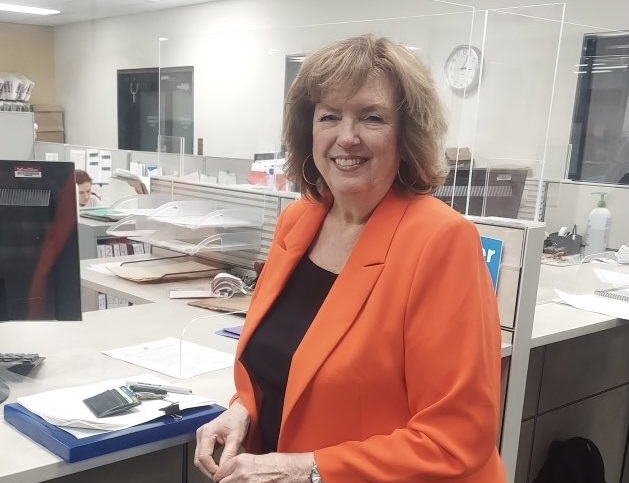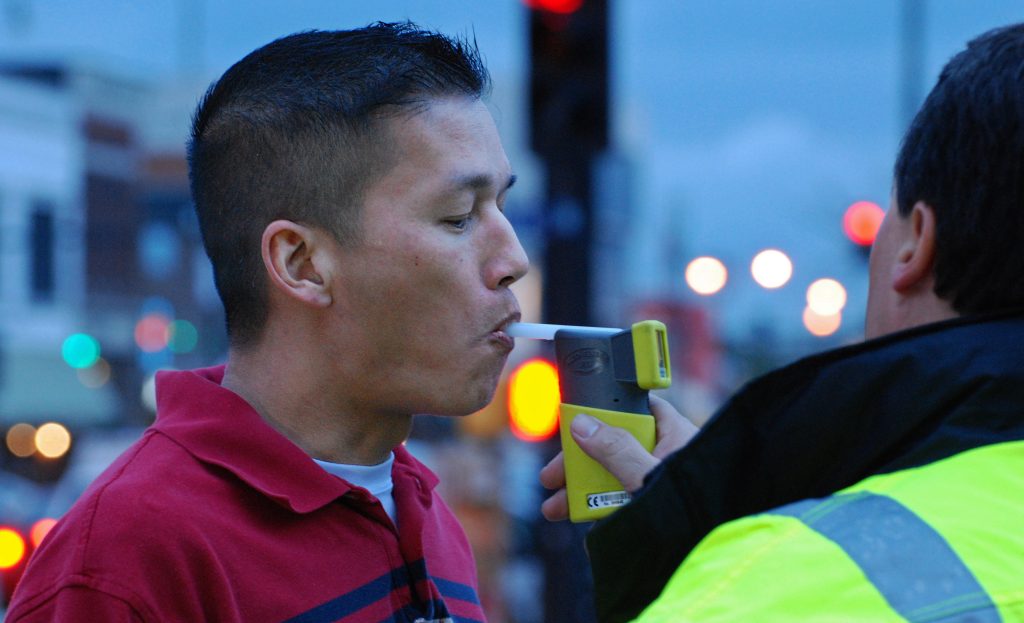Advocate bringing awareness to higher risk of death from breast cancer among younger minority women
Posted March 1, 2023 5:33 pm.
Last Updated March 1, 2023 7:25 pm.
Minority women are not only more likely to be diagnosed with breast cancer before 50 years old compared to white women, they are also much more likely to die from the disease, according to a report from MyBreastScreening.
And now one passionate advocate for breast cancer survivors is speaking out about why these disparities persist and the systemic issues in our health care system.
“We have come a long way and yes, I acknowledge that, but we still have a lot of work to do especially in the minority and Black community,” said Alicia Vianga, the founder of AfterBreastCancer.
AfterBreastCancer is a Toronto charity supports women on their journey back to health and beyond.
She said Canadian breast screening guidelines do not recognize that minority women are at a much higher risk of severe disease and death and at a much younger age.
“That should the way it puts chills down my body that should really bring chills to anybody who’s ready those stats who’s hearing this,” shared Vianga.
Research indicates minority women are underserved in the healthcare system with 72 per cent more likely to be diagnosed with invasive breast cancer before the age of 50 and 58 per cent more likely to be diagnosed with advanced-stage disease.
Minority women are also 127 per cent more likely to die from breast cancer compared to white women.
“Why are we not going into the community? Why are we not taking those extra steps?” asked Vianga.
Vianga said she is currently working with Humber College students to get a bus into communities to do screening because “we know screenings save lives.”
Right now, the Canadian Breast Screening Guidelines recommend women between the ages of 50 and 74 get regular mammograms. High-risk screening begins at age 30 and is based on family history and genes.
Dr. Aisha Lofters, who specializes in Black women’s health, said minority women face barriers at every step of a cancer diagnosis.
“Certainly, I hear from Black women who talk about experiences in the healthcare system where they feel they have experience micro/macro aggressions have had to advocate harder to get testing done and we know systemic racism is with us in society,” said Dr. Lofters.
She tells CityNews, here in Canada, there is a lack of research on how cancer impacts minorities groups.
“A lot of times, when it comes to racial differences, we look to U.S. data. The same could very well be true here but we need to study and understand it,” Dr. Lofters explained.
The Canadian Cancer Society said, in a statement to CityNews, not enough information is being collected to address gaps in cancer care.
They recommend the federal and provincial governments mandate the collection of data to provide evidence, address inequities and support evaluation and accountability.










